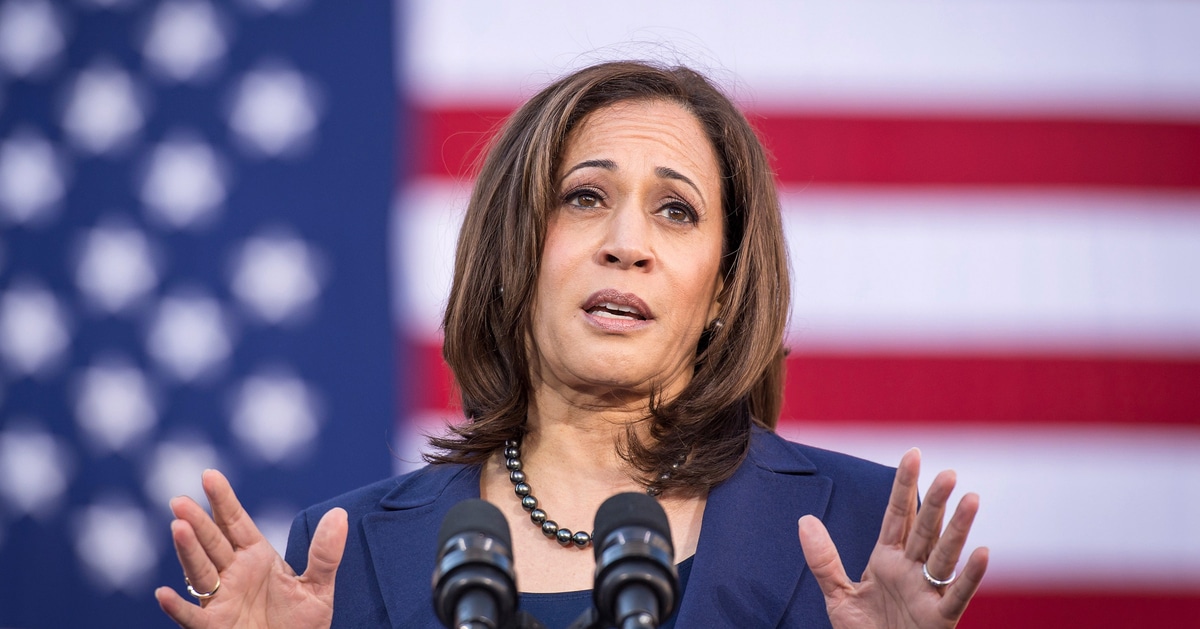





House Speaker Mike Johnson unveiled a new short-term spending bill on Sunday, aiming to prevent a looming government shutdown.
Newsweek reported that the bill, designed to fund federal operations through December 20, avoids any controversial provisions, most notably omitting the divisive SAVE Act. Johnson’s proposal signals a strategic shift for House Republicans, as they work to keep the government open.
The decision to exclude the SAVE Act highlights a compromise within the GOP to balance government continuity with immigration policy disagreements.
The Safeguard American Voter Eligibility (SAVE) Act, introduced by Texas Representative Chip Roy, mandates proof of citizenship for voter registration.
Though it passed the House earlier in the year, it failed to make it into Johnson's bill due to growing opposition.
Former President Donald Trump, the Republican frontrunner for the 2024 presidential election, had urged GOP members to risk a government shutdown if the SAVE Act wasn’t included in any spending legislation. Trump’s influence on the Republican base remains strong, adding pressure on Johnson as he works to manage a deeply divided House.
Johnson, in a letter to his Republican colleagues, explained the pragmatism behind his decision. He acknowledged that while the proposed solution wasn’t ideal, it was the most responsible approach to avoid an imminent shutdown.
Johnson's strategy to keep the bill "narrow and bare-bones," allowing only necessary extensions, was also intended to prevent the Senate from adding unrelated spending measures.
The move to exclude the SAVE Act comes after last Wednesday’s failure of a more extensive six-month funding plan, which included the controversial measure.
In that vote, 14 Republicans broke ranks and joined Democrats in opposition, leading to the plan's rejection. The SAVE Act had been a sticking point, causing significant division within the Republican Party.
Despite Trump's backing, polling data from McLaughlin & Associates suggests that two-thirds of likely voters oppose a government shutdown. This sentiment, along with the failed vote, may have contributed to Johnson's more cautious approach in the new short-term spending bill.
House Democratic leader Hakeem Jeffries indicated that Democrats would carefully evaluate the bill once it reaches the House floor, expected by mid-week.
While Democrats are concerned about various aspects of the Republican agenda, Jeffries expressed optimism that both parties could work together to avoid a shutdown, stating, "Congress is now on a bipartisan path to avoid a government shutdown that would hurt everyday Americans."
The new bill is expected to receive mixed reactions from both parties, as Democrats push to review its contents, and Republicans remain divided on the inclusion of the SAVE Act. Johnson's proposal, however, appears to have enough support to move forward, at least in the short term.
While the short-term measure is designed to buy time, the challenge of reaching a comprehensive final spending bill by December remains. The proposed December 20 deadline will come after November elections, potentially leading to new political dynamics that could further complicate negotiations. House Republicans will likely face renewed pressure to include more of their immigration policy priorities in any long-term spending solution.
Still, the current priority remains clear: avoiding a shutdown. Johnson’s decision to scale back from his initial six-month funding plan reflects the ongoing negotiations with Senate counterparts, who favor more moderate spending bills.
The internal divisions within the GOP have made it difficult for the party to present a united front on key issues like immigration.
The exclusion of the SAVE Act, despite its prior passage in the House, illustrates the balancing act Johnson faces. Although the SAVE Act passed as a standalone bill in July, its absence from the current spending bill suggests a shift in priorities, at least for the time being.
Republicans in the House remain split between those aligned with Trump, advocating for a more aggressive stance on immigration, and those more focused on preventing a government shutdown. Johnson’s leadership will continue to be tested as he navigates these divisions.



